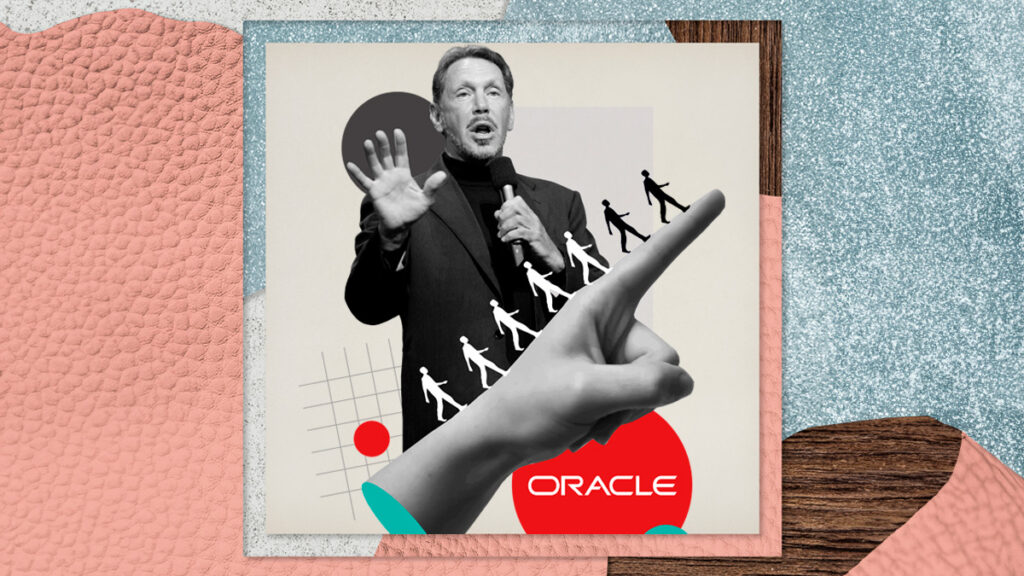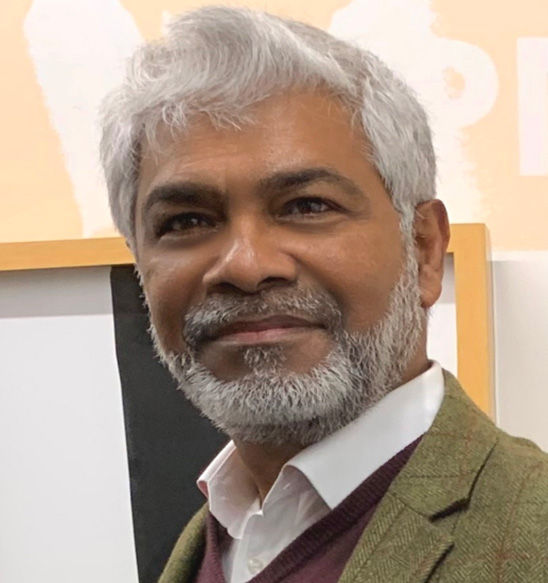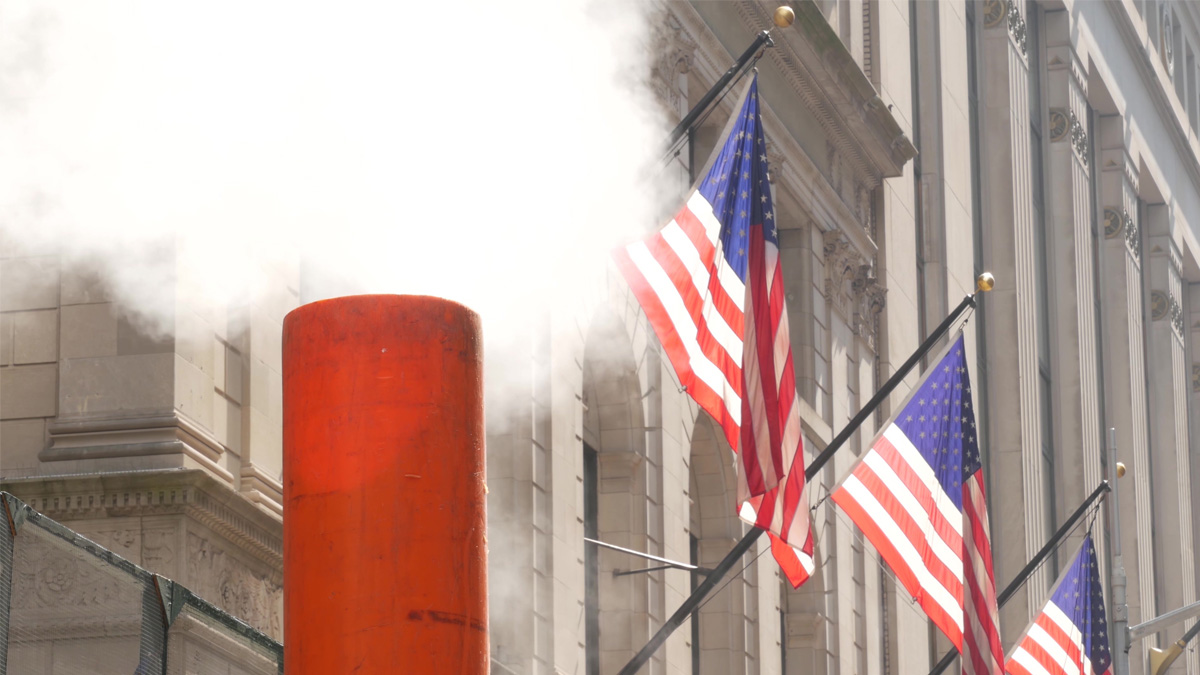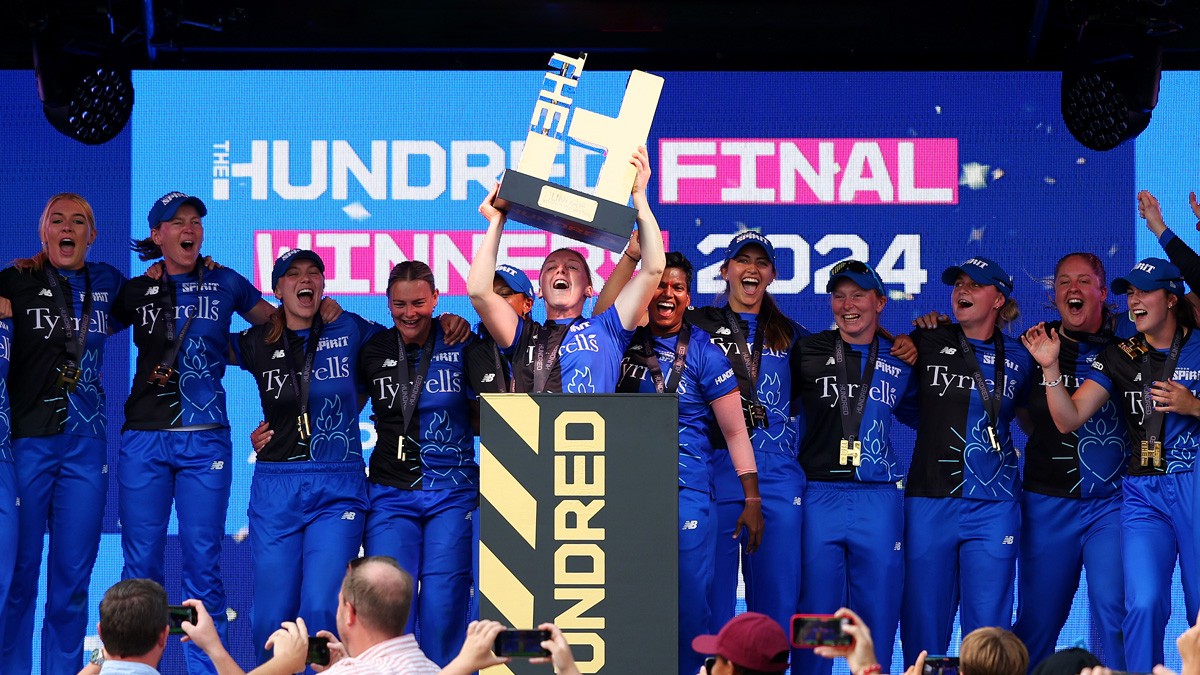Inside the rise of Larry Ellison’s tech empire
Sukhendu Pal spent a decade at the heart of the database giant in its early days. Here he looks back at how a brilliant leader made Oracle an unstoppable force.

Sukhendu Pal is the chairman of management consultant Sirius & Co and an adviser to some of the world’s most valuable companies, as well as a lead mentor to Funding London’s 150+ portfolio of high-growth start-ups.

I was interviewed by Oracle founder Larry Ellison and his British righthand man, Geoff Squire, in September 1984, just after starting a PhD programme on distributed databases at the University of Sheffield. I was curious about their vision. We sat in the Orange Tree pub in Richmond-upon-Thames and discussed the company’s plans for just over an hour. I was offered the job on the spot.
I dropped out to become one of Oracle’s earliest employees in the United Kingdom. In the early 1980s, few technology companies were around – nobody knew Oracle. We fought hard, and every one of our wins was against either the mighty IBM or Digital Equipment Corporation, or pretenders such as Ingres and Sybase. Growing Oracle in those days was like fighting – and winning against – today’s tech giants, Amazon, Apple, and Meta.
When I joined, Oracle’s global revenues were $12.9m (£10.2m). When I left, they were $2.97bn (£2.3bn) and the combined revenue of the business groups I co-founded was around a billion dollars. Ask people who worked at Oracle when Larry was around, and they’ll tell you it wasn’t plain sailing. But it was always exciting because we were on a mission to prevent the totalitarianism of IBM and Microsoft.
Oracle was the most disruptive company on the planet in those days – we went against the grain to achieve incredibly challenging results that were rewarding. It required a great deal of courage, perseverance, and resilience. As we fought our way to the summit against all odds, many of us discovered the secret to unlocking the true warrior within us: we turned our biggest weakness – fear – into our greatest strength and became unstoppable.
I’ve thought a lot about why Oracle became so successful and concluded that it is because of Larry and Geoff. Larry had the energy, vision, and personality to propel Oracle forward. Geoff helped Larry build Oracle and rescued the company from bankruptcy in 1990-91. Larry hired hundreds of superstars, but Geoff was his best. Both created a talent factory in Oracle where we did things differently.
One of the ways Oracle defied conventional wisdom was that Larry rewarded and compensated people who helped the company achieve its goal. While Larry has the reputation of being a tough taskmaster, he created countless multimillionaires within the organisation. The other was the belief that you shouldn’t hold on to people in your organisation for your own benefit. When Marc Benioff came to him and said he wanted to start Salesforce, Larry invested his own money to help him.
I’ve been very fortunate to observe some of our generation’s most celebrated leaders firsthand, including Mother Teresa and Nelson Mandela, and worked with some legendary business leaders over the past four decades. I grew up near Mother Teresa’s first Missionaries of Charity in Kolkata. I came across Mandela while I was at Harvard Business School in the 1990s. In a talk he delivered on leadership, he said: “Successful leaders talk less, listen more and do more.” It remains the lens through which I see leadership today.
What separates Oracle from the rest is that it has an asset that no other company could match. It’s Larry Ellison, a brilliant leader. Larry, like his friend, the late Steve Jobs, will remain irreplaceable in the business world. I wouldn’t trade working for Larry Ellison or Geoff Squire — and I don’t know anyone in Oracle who would, either. My work at Oracle defined my career. What I learned in 10 years in Oracle would have taken 30 years or more in Citi, McKinsey, or Goldman Sachs.
12 lessons I learnt at Oracle
1. Only excellence matters
I promoted talent to positions of power long before it was cool and trendy. I didn’t care about gender, race, creed, or colour. I divided the world of talent into “smart people” and “rubbish people”. It was that simple.
2. Vanity had no place
A person’s vanity goes hand in hand with his lack of knowledge, and we ensured there was no place for it in Oracle.
3. There was no hiding place
There was no hiding place in Oracle – period – you either performed or you were out. There was nothing in between.
4. There was no time for rehearsal
Life at Oracle wasn’t about wasting time finding yourself but swiftly creating yourself. Speed of work was of the essence – you must be good enough to perform immaculately on stage without rehearsal.
5. Innovate or die
Innovation wasn’t about making a slightly better status quo. It was about jumping to the next curve. So, you better innovate or disappear.
6. Ignore the “we have always done it this way” syndrome
It’s easy to fall back into routines and mindlessly follow them. We never let ourselves become slaves to the rules. Many people think they can’t innovate because the parameters of their job are too constrained. I, like many of my colleagues, found inspiration in constraints.
7. Results count
Results are everything – Larry was obsessed with results, which made Oracle successful. He believed that success is measured by the company’s ability to deliver results and achieve its goals. He set aggressive targets and held us accountable for achieving them.
8. There is no compromise on hiring
We had three simple rules:
- You hire someone who is as good as you or better than you
- You hire someone who you wouldn’t mind working for one day
- You hire someone whom you wouldn’t mind inviting for a Sunday lunch
9. Work hard, but don’t take your health for granted
Not many companies grow by 100 per cent or more in terms of revenue, profit, and people every year for a decade or longer. And we did that in Oracle. Many of us worked non-stop for years – for example, I took only two days off in the first five years at Oracle. Working hard and long hours have consequences.
Many of my colleagues who helped build Oracle sadly passed away in their 50s and early 60s from heart attacks and cancer. So, one of my most important takeaways would be not taking our health for granted, which so many of us have done.
10. Price and value are not the same thing
No one ever bought Oracle software based on price. Its actual value became evident only when you factored in the requirements for support, training, and consulting. We didn’t fight on price, but we won on value.
11. Every one of our wins was based on the capability of our people and the superior Oracle technology – in that order
Whenever I went on a sales call with my sales executive to any of the banks on Wall Street or in the City of London, the potential client told me they preferred Sybase for their dealing rooms. So, the question I was asked was: Why me?
I didn’t dwell on the technological prowess of Oracle and its competitors. My answer was simple. I told the potential client they’d be buying Oracle from me, and I’d be around for many decades, whereas Sybase, Informix, DEC, and IBM may not. I wasn’t wrong…
12. Learn, lead, and give
Larry developed a culture where giving was a common trait. He led by example by donating hundreds of millions of dollars to education, healthcare, and the environment. Many colleagues have set up foundations for underprivileged children’s education in the UK and abroad.
Giving back is in my DNA. It provides me with an emotional reward, and the payback is far higher than any payment from my for-profit work. It gives me purpose and passion.



